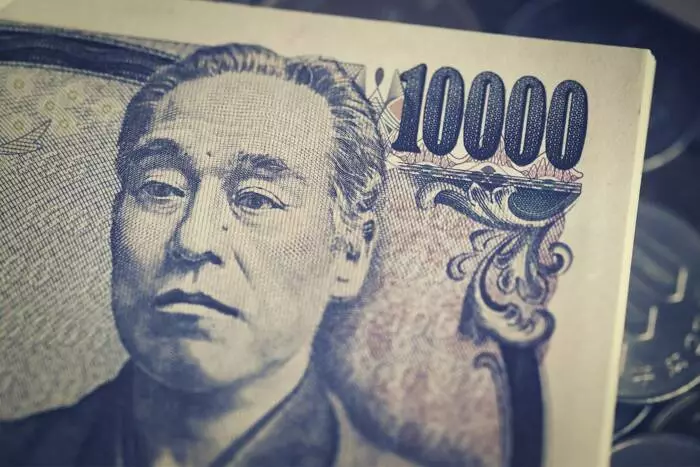Despite the weaker growth forecasts, investor bets on a July Bank of Japan rate hike linger. Economic indicators on Wednesday and Friday could dictate the BoJ’s policy maneuvers on July 31.
On Wednesday, July 24, economists expect the Jibun Bank Services PMI to increase from 49.4 in June to 49.9 in July. A higher-than-expected PMI could raise investor bets on a July BoJ rate hike. The BoJ needs the services sector to fuel demand-driven inflation. A sector returning to expansion could justify a rate hike to bolster the Japanese Yen.
On Friday, economists forecast Tokyo’s core inflation rate to rise from 2.1% in June to 2.2% in July. A higher-than-expected core inflation rate could cement bets on a July BoJ rate hike. Upward consumer price trends in Tokyo would align with national inflation trends. Japan’s inflation rate accelerated for the second month in June, supporting expectations of a July BoJ rate hike.
Beyond the possibility of an interest rate hike, the BoJ announced it would disclose its plans to reduce Japanese Government Bond (JGB) purchases in July. A marked reduction in JGB purchases would likely narrow interest rate differentials between the US dollar and the Yen more significantly than rate hikes. With US interest rates at 5.5%, a 0.1 to 0.5% increase by the BoJ would leave interest rate differentials firmly tilted toward the US dollar.
Economists hold mixed views about the July BoJ monetary policy decision. Unlimited Chief Investment Officer Bob Elliot commented on the national inflation numbers for June, stating that there is little urgency to tighten. Bob Elliot attributed higher inflation to the roll-off of energy and travel subsidies.
Implications on US Dollar Demand
On Wednesday, the US housing sector will be in focus. Economists predict existing home sales will increase by 3% in June after falling by 0.7% in May. Better-than-expected numbers could boost US dollar demand. High demand for existing homes could tighten housing inventories and raise house prices.
Economic indicators play a crucial role in shaping monetary policies and investor sentiments. The movements in service sector PMI and core inflation rates in Tokyo can significantly impact the decisions of the Bank of Japan. Additionally, the BoJ’s plans to reduce JGB purchases and the state of the US housing sector also contribute to the overall economic landscape. It is essential for investors to closely monitor these indicators to make informed decisions and navigate the ever-changing financial markets.

